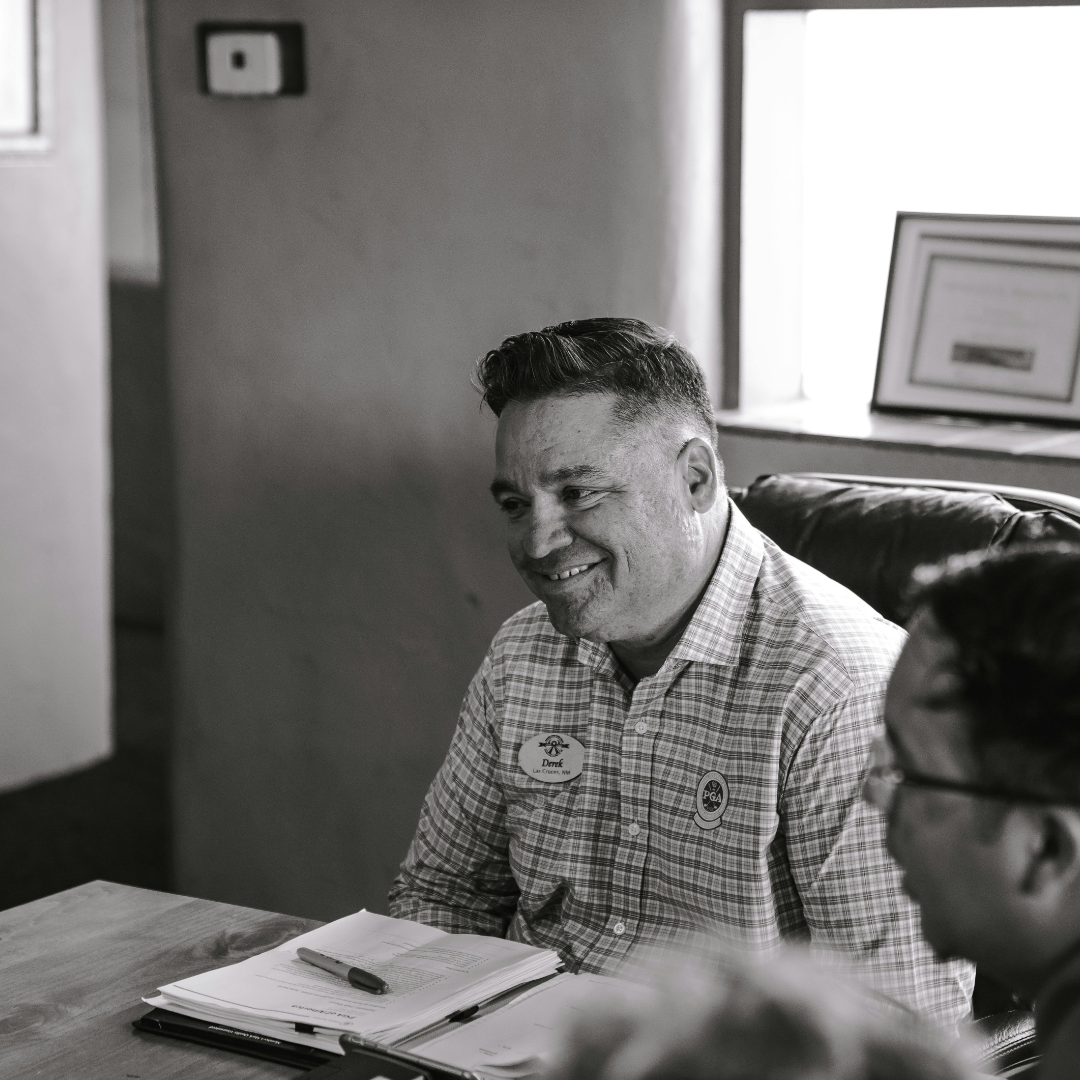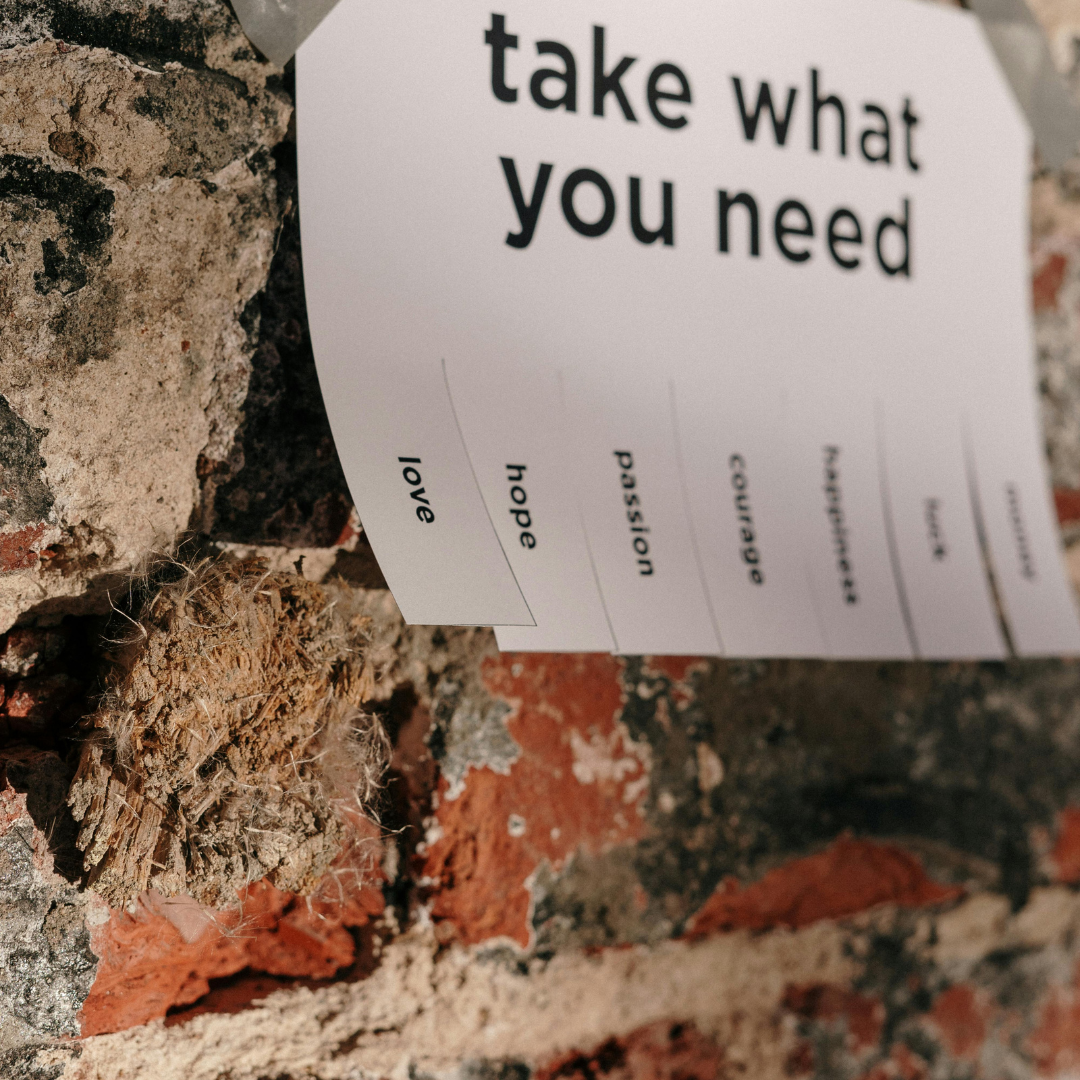Discussing Your Recovery in Relationships

Embarking on new relationships, romantic or platonic, requires a delicate balance of openness, trust, and vulnerability. Discussing one’s recovery journey with a new partner, whether romantically involved or forming the foundation of a friendship, demands thoughtful communication and mutual understanding.
Choose the Right Time and Setting
I think initiating a conversation about your recovery journey requires thoughtful consideration of timing and environment. Opt for a moment when you and your new partner can engage in a focused and undisturbed dialogue, whether romantically involved or forming a friendship. A calm and relaxed setting, free from external distractions, provides the ideal backdrop for an open exchange of thoughts and emotions. By choosing the right moment, you create a conducive atmosphere for genuine communication, fostering a connection built on trust and understanding.
Timing is not only about the external environment but also about your emotional readiness. Ensure that you approach the conversation with a level of self-awareness that allows you to express your thoughts and feelings authentically. This consideration contributes to a more productive and meaningful discussion, setting the stage for a deeper connection in the evolving relationship.
Establish Trust
Before delving into the intricacies of your recovery journey, focus on building a foundation of trust within the relationship. Trust is a fundamental element that underpins healthy connections, and it is particularly crucial when discussing personal and sensitive matters. Establishing trust involves consistent and open communication, demonstrating reliability, and showcasing vulnerability in a reciprocal manner. As trust deepens, both you and your partner, be it in a romantic or platonic context, feel more secure in sharing personal aspects of your lives.
To build trust effectively, be genuine in your interactions and showcase a willingness to listen and understand. Share experiences that illustrate your integrity and reliability, reinforcing the notion that the relationship is a safe space for vulnerability. By nurturing trust early on, you create a solid foundation for navigating the complexities of discussing your recovery journey and ensure that the conversation unfolds within a framework of mutual respect and understanding.
Express Your Feelings
Begin the conversation by expressing your feelings with sincerity and openness. Share the emotional aspects of your recovery journey, explaining the motivations behind your choices. This vulnerability fosters a deeper connection as your new partner gains insight into your internal world. By conveying your feelings authentically, you create a space for empathy and understanding, setting the tone for an open and honest exchange.
It’s essential to communicate not only the challenges but also the positive emotions associated with your recovery. By expressing both the struggles and triumphs, you provide a more comprehensive view of your journey, allowing your new partner to appreciate the complexity of your experiences. This honesty lays the groundwork for a relationship built on transparency and mutual support.
Provide Context
Offering context to your recovery journey helps your new partner grasp the underlying reasons for your commitment to growth. Share the events or realizations that prompted you to embark on this path, providing a narrative that goes beyond the surface. Contextualizing your journey helps your partner connect with your experiences, fostering a sense of empathy and shared understanding. By weaving a narrative around your recovery, you invite your new partner into a deeper, more personal realm of your life.
Be mindful of striking a balance between sharing enough context to provide clarity and avoiding overwhelming details. Tailor your narrative to the level of intimacy and comfort in the relationship, gradually unfolding the layers of your journey. This thoughtful approach encourages a more engaged and empathetic response from your new partner.
Use “I” Statements
Employing “I” statements is a crucial communication strategy to express your thoughts and feelings without sounding accusatory or placing blame. For instance, articulate your experiences by saying, “I am on a journey of recovery because I want to be the best version of myself,” instead of framing it in a way that might make your partner feel responsible. This approach fosters an open and non-confrontational dialogue, creating a safe space for both of you to share perspectives.
“I” statements also encourage personal responsibility, emphasizing that your recovery is an individual journey that you are actively participating in. By using this language, you promote a sense of collaboration and understanding rather than creating an atmosphere of defensiveness or blame.
Educate About Recovery and Rehab
Many individuals may need to become more familiar with the concept of recovery. Please take the opportunity to educate your partner about what it means for you and how it has positively impacted your life. This helps dispel any misconceptions and allows your partner to support you better.
If your recovery journey involves or has involved alcohol rehabilitation or drug rehabilitation programs, take the time to educate your partner about the process. Share insights into the purpose of rehab, the therapeutic techniques used, and the role they play in achieving sustained recovery. Address any preconceived notions or stereotypes your partner may have about rehab, emphasizing that it is a supportive environment designed to facilitate personal growth and healing.
By demystifying the rehab experience, you help your partner understand the positive impact it has had on your life. Discuss the skills and coping mechanisms you’ve acquired during rehabilitation and how they contribute to your ongoing recovery. This transparency not only fosters understanding but also reinforces the dedication you have towards maintaining a healthy and fulfilling life.
Encourage your partner to ask questions about the rehab process, assuring them that their curiosity is welcomed. This shared knowledge can deepen the connection between you and your partner, providing them with valuable insights into your journey and the proactive steps you’ve taken to prioritize your well-being.
Be Open to Questions
Openly invite questions from your new partner and create an atmosphere where curiosity is welcomed. Encouraging questions fosters a two-way dialogue, allowing both of you to share perspectives, concerns, and insights. Be patient and receptive to your partner’s inquiries, providing thoughtful and honest responses that contribute to a deeper understanding of your journey.
I want to ask you questions about specific aspects of your recovery to understand how your partner can offer support. This exchange not only builds trust but also promotes a culture of open communication in the relationship. It’s an opportunity to strengthen your connection by demonstrating a willingness to engage in meaningful conversations about sensitive topics.
Highlight Progress and Growth
Highlighting your recovery journey’s progress and personal growth is crucial in showcasing your commitment. Share specific examples of positive changes in your life, whether they involve emotional well-being, behavioral patterns, or improved relationships. This emphasis on progress serves to reassure your new partner that your recovery is an active and positive pursuit.
Also, discussing growth gives you insight into the proactive steps you’ve taken to overcome challenges. By sharing your achievements, you create a narrative that reinforces your dedication to personal development. This narrative not only builds trust but also assures your partner that your recovery journey contributes positively to the relationship.
Discuss Boundaries
Clearly communicate any boundaries or specific needs associated with your recovery. Whether it involves attending support group meetings, therapy sessions, or practicing certain lifestyle habits, express these needs to help your new partner understand how they can be supportive without overstepping. This clarity establishes a framework for mutual respect and consideration within the relationship.
Discussing boundaries is essential to prevent misunderstandings and ensure that both parties feel comfortable and respected. Clearly outlining your needs also allows your new partner to actively participate in your support system, contributing positively to your journey. This transparency sets the stage for a relationship built on understanding and collaboration.
Reassure Your Commitment
Conclude the conversation by reaffirming your commitment to the relationship, emphasizing that your recovery journey is about personal growth and contributing positively to the connection. Reassure your new partner, whether in a romantic or friendship context, that your commitment to self-improvement aligns with creating a healthy and fulfilling relationship.
This reassurance helps ease any worries your partner may have about the impact of your recovery on the relationship. Emphasize the positive aspects of your journey, such as increased self-awareness and emotional resilience, reinforcing that your commitment to recovery enhances rather than detracts from the depth and quality of the relationship.




